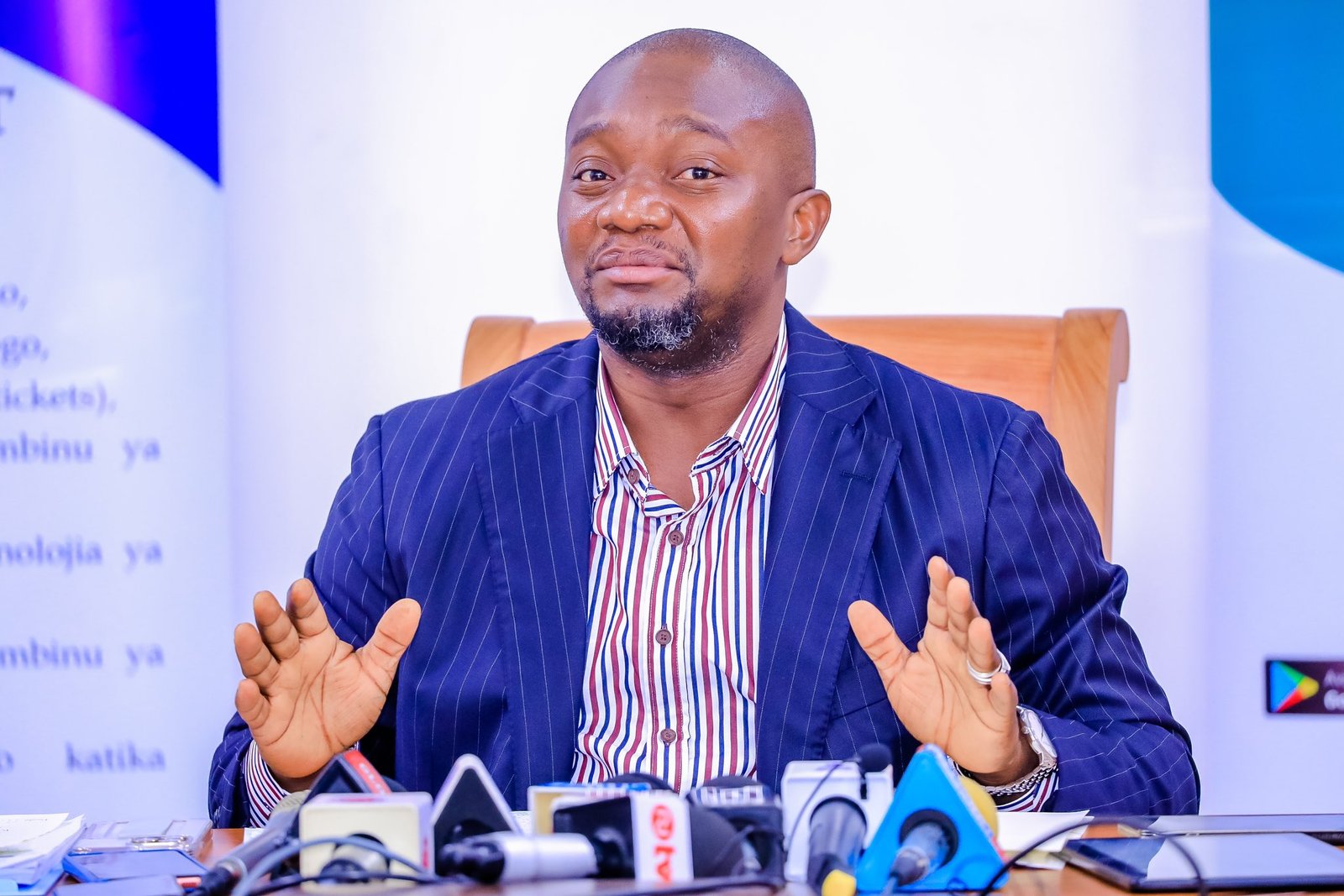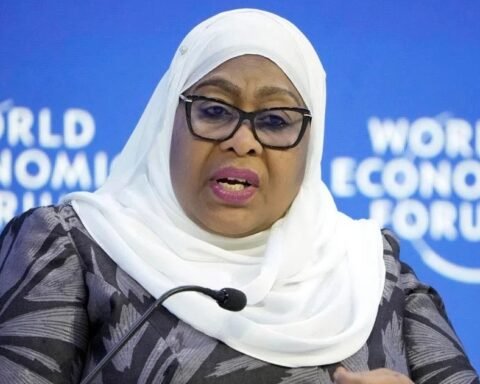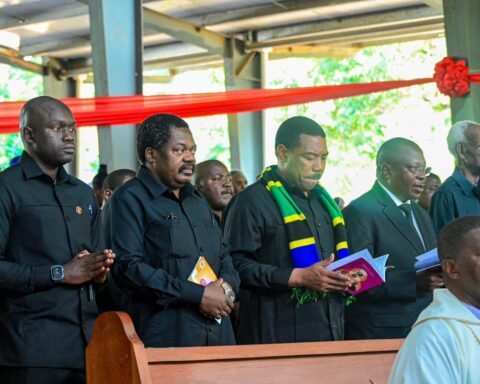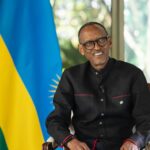The Government of the United Republic of Tanzania has announced the selection of 149,818 students to join Form Five for the 2025 academic year, with a majority of them being female students — a promising sign in the ongoing efforts to promote gender equality in education.
According to Mohamed Mchengerwa, the Minister of State in the President’s Office for Regional Administration and Local Government (PO-RALG), the selected cohort includes 76,491 girls and 73,327 boys, marking a 69.96% selection rate from students who sat for their 2024 Certificate of Secondary Education Examination (CSEE).
“This year’s numbers represent not only academic achievement but also a national stride towards inclusive education,” said Mchengerwa in a press briefing held in Dodoma, the nation’s capital.
The Tanzania Mainland government has made strategic efforts to expand access to advanced secondary education, especially for girls, in line with its Education Sector Development Plan (ESDP). These efforts include building more classrooms and improving learning facilities across the country.
This year, the government also increased the number of subject combinations for Form Five from 16 to 65, covering a broader range of disciplines such as sciences, arts, business studies, sports, and religious education. According to the ministry, this diversification allows students to align their studies with career interests and national priorities.
aAlso Read; Billion-Dollar Feud Between Musk, Trump Escalates
The full list of selected students and their assigned schools can be found on the official TAMISEMI portal, along with downloadable joining instructions. Students are expected to report to their schools by July 14, 2025, while classes officially begin on July 1, 2025.
Tanzania’s central education authorities, including the National Examinations Council of Tanzania (NECTA), coordinated the assessment and qualification process, ensuring merit-based placement for all students.
This achievement aligns with global development goals such as the UN Sustainable Development Goal 4, which advocates for inclusive, equitable, and quality education for all.
Mchengerwa concluded by urging all stakeholders — from parents to local governments — to support the selected students in their transition. “Let’s stand with these young learners and ensure they arrive ready to study, dream, and lead,” he said.







